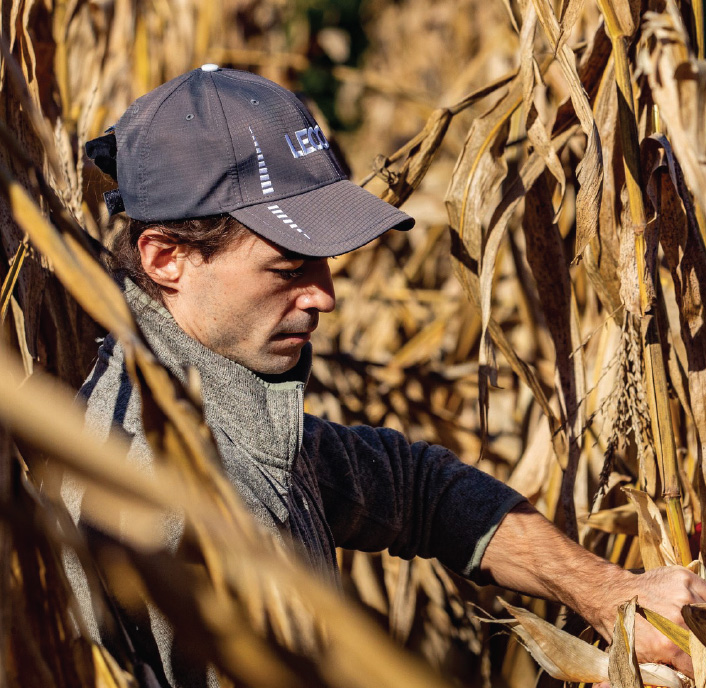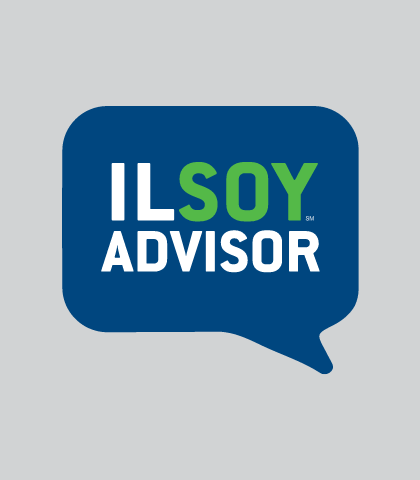Conservation Practices
Benchmarking and Integrating Soil Health, Water Quality and Climate-Smart Footprints of Illinois Soybeans
This multi-year project will identify soil health, water quality and climate footprint best practices and metrics across regions and cropping systems (soy and double-cropped wheat, soy rotated with corn). Findings will inform practice-based recommendations that protect soil health and water quality, as well as provide insights farmers can use as they navigate carbon markets.
Project Information
About the Lead Researcher

Dr. Andrew Margenot
Associate Professor
University of Illinois Urbana-Champaign (UIUC)
217-300-7059
margenot@illinois.edu
Are you a farmer or advisor?
If you’re a farmer or advisor, we invite you to take our Soybean Production Concerns Survey linked below to help guide future ISA research efforts. We also encourage you to contact us below with specific production challenge research ideas.
Are you a researcher?
If you’re a researcher interested in working with ISA on a project, we encourage you to contact us with your ideas. The RFP will open in early March. Contact us below to be added to the mailing list for more information.


 and then
and then